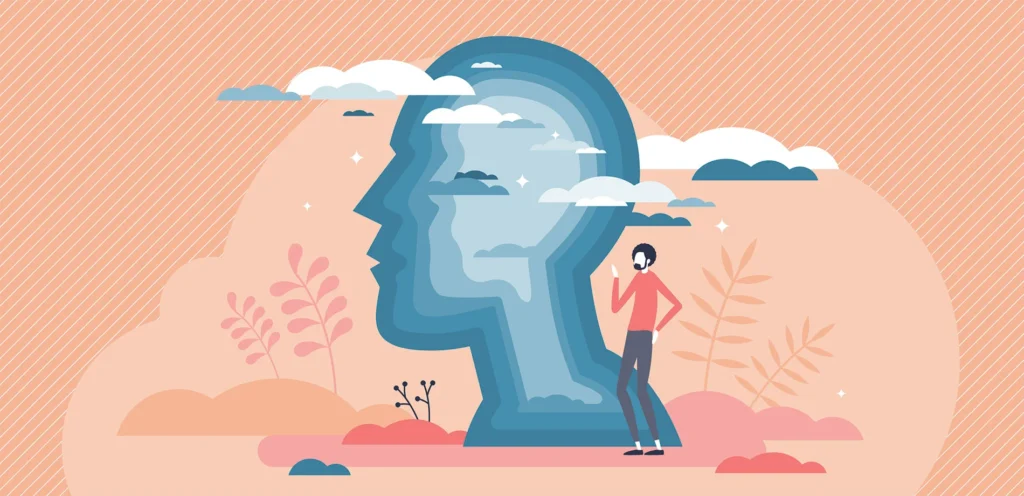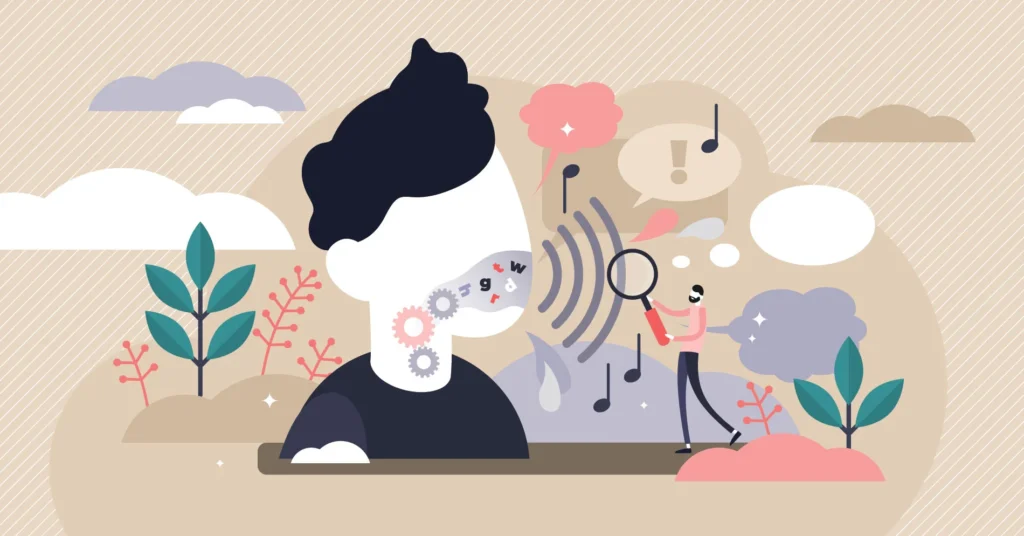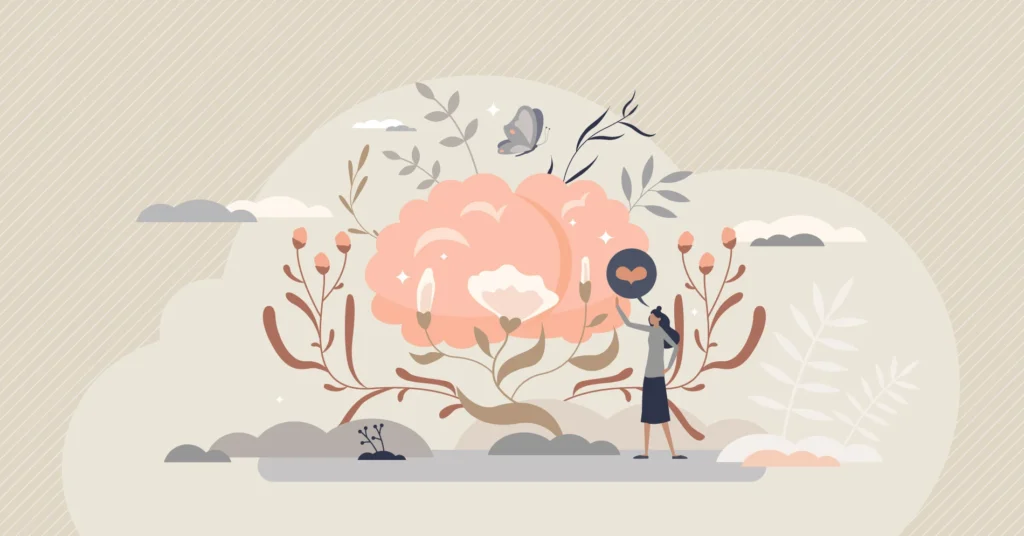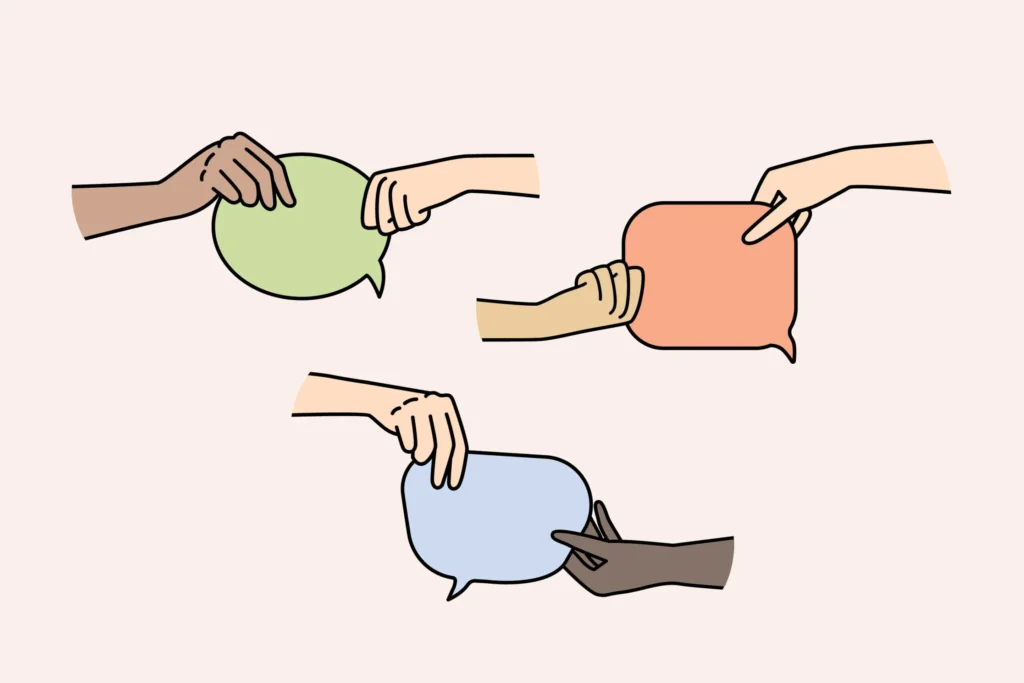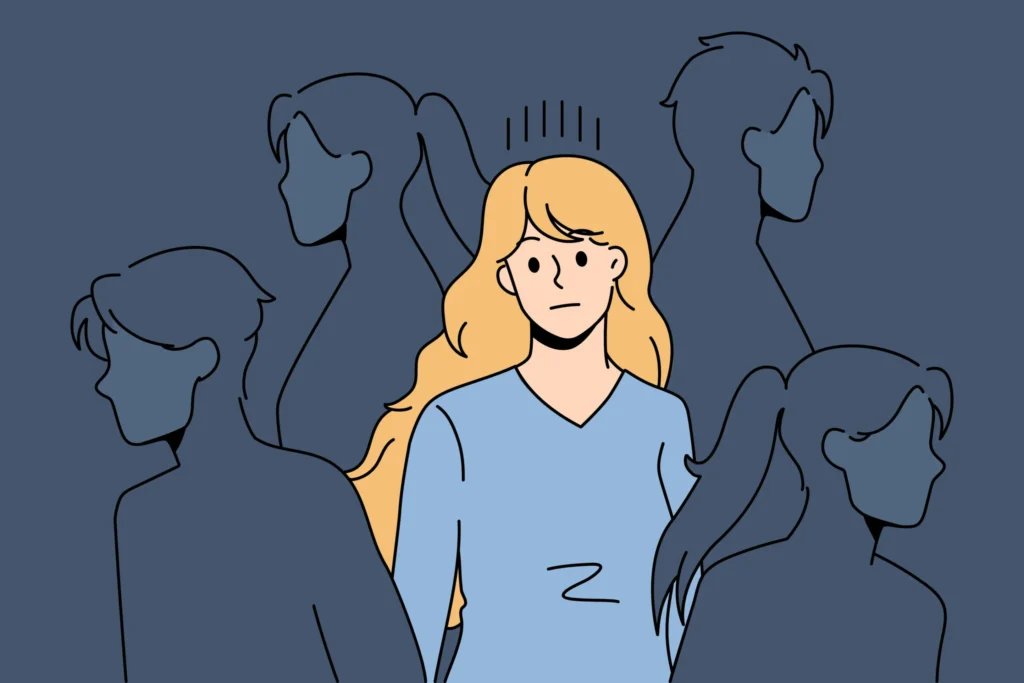Articles
Read our articles to learn practical tips for promoting positive mental health practices and supporting someone who may be experiencing a mental health problem.
Schizophrenia: offering support and overcoming barriers
Schizophrenia is a serious mental illness that is estimated to affect roughly 1 in 100 people in Australia. People with schizophrenia may experience drastic changes or irregularities with their behaviours, perceptions, and interactions with the world. Their...
Self-care when helping others
Why is Self-Care Important when Helping Others?When offering support or helping others it may be tempting to ignore our own self-care. This is especially true if your working, family or social life includes regularly caring for others. In our desire to always be...
Disclosing a mental health condition with your workplace
Should you share your mental health condition with your workplace?Today, more and more organisations are developing strategies and teams to better support well-being in the workplace. An increased awareness of the need for and importance of creating mentally...
Someone I’m concerned about doesn’t want my help. What now?
Wanting to help someone can have powerful, positive consequences. Reaching out to a friend, family member or colleague at work can let that person know they have a support network. It can act as a timely reminder they are not alone, especially during moments of...
Supporting older men with mental health conversations
Supporting older men through mental health conversationsNever discount the impact changes in life or lifestyle can have on a person’s mental health. Ageing is a time when changes to the body, mind and lifestyle can have a significant impact. For many older people,...
Supporting someone with bipolar disorder
Bipolar disorder is a serious long-term mental illness that can significantly impact all aspects of a person’s life. It is characterised by episodes of depression (severe low mood) and mania (extremely high and euphoric mood) affecting a person’s emotions, thinking...
Words matter – compassionate language for mental health
We have hopefully moved beyond the old adage of ‘sticks and stones may break my bones, but words will never hurt me’. We know that words can harm. They can be emotionally hurtful, and they can spread misinformation. While most of us know not to participate in hate...
Women and mental health across the lifespan
Our Australian population is diverse and addressing mental health issues from a gendered perspective is tricky. No two women are the same, and their experiences with mental health may be determined by a mix of factors such as, genetics, biology, age, gender,...
What to do when a mental health conversation doesn’t go to plan
Holding a mental health conversation is a bit like learning to ride a bicycle. At first, you may need extra training to give you the skills you need. You may wobble just a little at your first approach. Over time, confidence and experience can build. But even with...
Unspoken clues someone might benefit from a mental health first aid conversation
The signs and symptoms that point to someone developing or experiencing a mental health problem are not always overt. There are usually subtle signs, clues or behavioural changes that can allude to a need for support, connection or someone to talk to. The amount of...
Considerations when providing mental health first aid to others
Data released by the ABS suggest that there has never been a better time to either learn or refresh your mental health first aid conversation skills. The release of the National Study of Mental Health and Wellbeing 2021 [1]) indicates that 3.4 million Australians...
How the self-employed can benefit from mental health training
Self-employment is becoming an increasingly popular option for Australian workers. According to a Global Data study, 2.2 million Australians were self-employed in 2021[1] – a 7.2% increase in self-employment from 2010. The reasons for choosing self-employment are...







